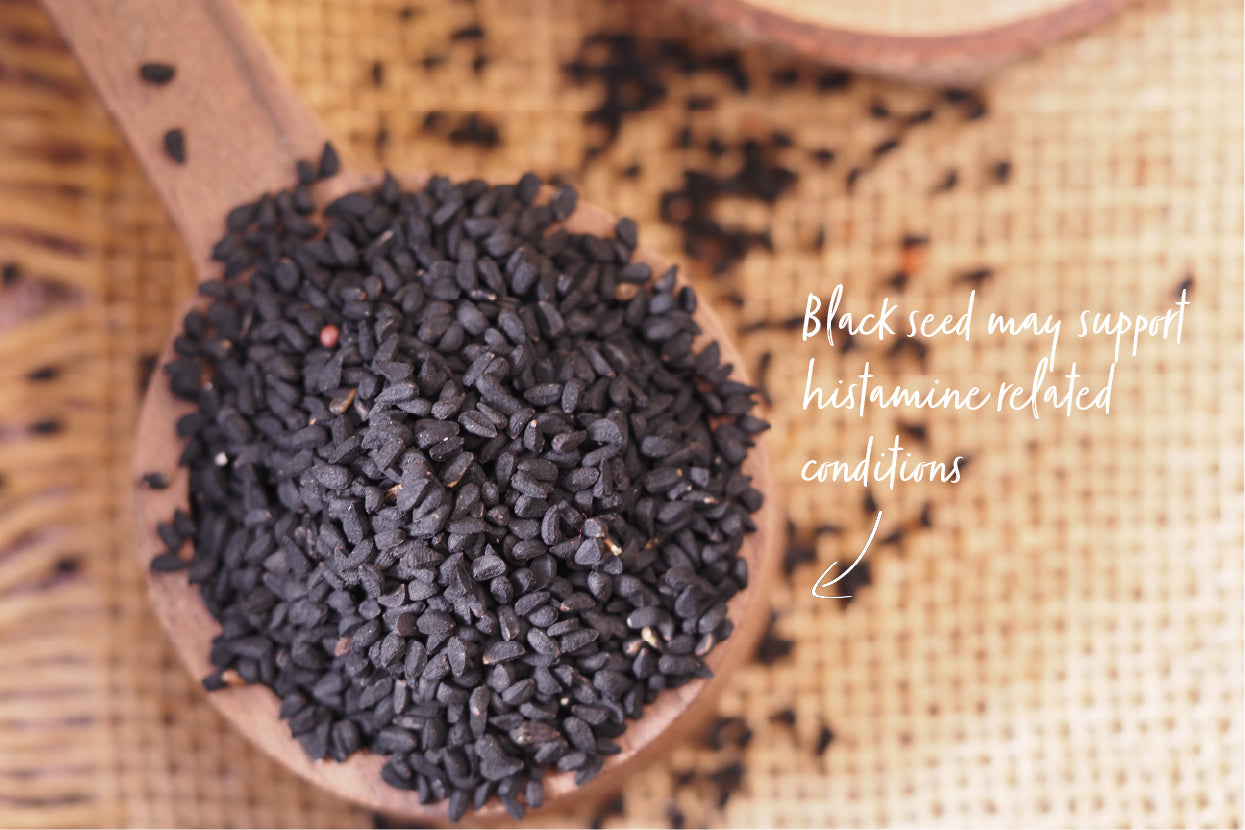During Men's Health Week, learn about the key nutrients to boost sperm count and motility as Viridian’s nutritionist Salma Dawood investigates the supplements associated with improved male fertility.
It takes two to make a baby. Whilst it’s crucial to focus on boosting female fertility, it’s also equally important to see how nutrition can support male fertility. Surprisingly, approximately 40-50% of infertility cases are attributable to male infertility [1].
Fertility in men is influenced by a variety of factors, including lifestyle and dietary habits. Boosting nutrition can significantly encourage healthy male fertility. In particular, nutrients such as selenium, zinc, arginine, carnitine and vitamin D should be incorporated into your diet to promote fertility.

Selenium: A key mineral involved in sperm production, selenium is required to promote sperm count, quality and motility. In a study using 200ug of selenium for 100 days in infertile men, selenium significantly improved sperm quality and pregnancy rates [2].
Zinc: The most important trace mineral in male reproduction, zinc is important for sperm formation, motility, and hormone production. Zinc deficiency is associated with low testosterone levels and low sperm count.
L-Arginine: An amino-acid building block, arginine is required for sperm formation and motility. In studies that administered l-arginine to men with asthenospermia, sperm motility and sexual health were significantly improved [3].
L-Carnitine: Providing energy for sperm motility, L-carnitine can be very supportive in fertility and helping the sperm reach the egg. Studies that supplemented with L-carnitine significantly improved pregnancy rates compared to placebo [4].
Vitamin D: Vitamin D, labelled the sunshine vitamin, is critical for a variety of functions in the body. As this vitamin is synthesized by skin exposure to sunlight, many UK individuals are deficient due to lack of sunshine. Deficiency in vitamin D can affect sperm motility, according to research [5]. Public Health England recommends all adults and children to take 400IU of Vitamin D per day, particularly during winter months.
Choosing a multivitamin formulation specifically designed for fertility and can support your diet with the key nutrients necessary for this life stage. Make sure to look for a supplement that is free from additives, excipients and preservatives, and contains adequate levels of the nutrients required. For more information about fertility visit your local health food store www.findahealthstore.com
Lifestyle Tips:
Changing your day-to-day habits can increase male fertility. Here are a few suggestions.
- Limit alcohol, smoking and caffeine: These can all have negative impacts on sperm quality and count.
- Get active: Maintaining moderate activity is recommended to regulate bodyweight and improve reproductive function.
- Eat right: Eating a balance of healthy fats, protein and carbohydrates is vital to ensure you are hitting the right nutrient targets for optimal fertility.
- Manage stress: Reducing cortisol levels may promote fertility and overall health.
Author: Salma Dawood holds a BSc honours degree in Human Nutrition.
References:
1) Kumar, N., & Singh, A. K. (2015). Trends of male factor infertility, an important cause of infertility: A review of literature. Journal of human reproductive sciences, 8(4), 191–6.
2) Moslemi, M. K., & Tavanbakhsh, S. (2011). Selenium–vitamin E supplementation in infertile men: effects on semen parameters and pregnancy rate. International Journal of General Medicine, 4, 99–104. http://doi.org/10.2147/IJGM.S16275
3) Morgante G, Scolaro V, Tosti C, Di Sabatino A, Piomboni P, De Leo V. Treatment with carnitine, acetyl carnitine, L-arginine and ginseng improves sperm motility and sexual health in men with asthenopermia]. Minerva Urol Nefrol. 2010 Sep;62(3):213-8. Italian.
4) Zhou X, Liu F, Zhai S. Effect of L-carnitine and/or L-acetyl-carnitine in nutrition treatment for male infertility: a systematic review. Asia Pac J Clin Nutr. 2007;16 Suppl 1:383-90. Review
5) Abbasihormozi S, Kouhkan A, Alizadeh AR, Shahverdi AH, Nasr-Esfahani MH, Sadighi Gilani MA, Salman Yazdi R, Matinibehzad A,
The information contained in this article is not intended to treat, diagnose or replace the advice of a health practitioner. Please consult a qualified health practitioner if you have a pre-existing health condition or are currently taking medication. Food supplements should not be used as a substitute for a varied and balanced diet.







